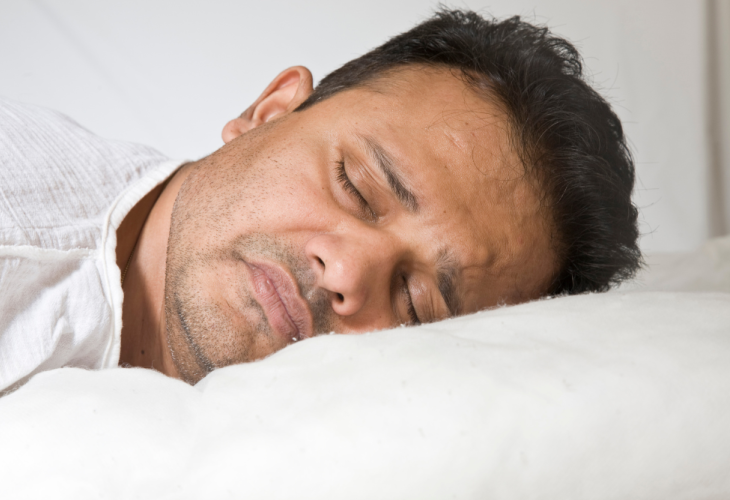Health and Nutrition
Why You Feel Like You’re Falling in Your Sleep: Causes, Meaning, and How to Stop It
Discover the science behind the falling sensation during sleep, why it jolts you awake, and expert tips to prevent it for better rest

Have you ever jolted awake from sleep with the terrifying sensation that you're falling? If so, you're definitely not alone. According to a study by the UK’s National Sleep Foundation, more than two-thirds of people have experienced this strange and unsettling phenomenon.
What’s Really Happening?
This sensation typically occurs during the transitional phase between wakefulness and sleep. During this stage, your heart rate begins to slow, your breathing becomes deeper and more relaxed, and your muscles gradually release tension.
However, just as your body starts to relax, an involuntary muscle jerk can occur — usually in the legs. This sudden jolt tricks your brain into thinking you’re falling, which in turn wakes you up with a rush of adrenaline and confusion.
How Can You Prevent This?
Following are expert-backed tips from Lisa Artis, Deputy CEO of the UK’s National Sleep Foundation, to help reduce the frequency of these “sleep starts”:
1. Keep a Sleep Journal
Start by tracking when these incidents occur. Note the dates, times, and your activities beforehand. Did you drink coffee or alcohol that evening? Were you under stress or physically overexerted during the day? Identifying potential triggers can help you adjust your habits.
2. Exercise in the Morning, Not at Night
Vigorous physical activity too close to bedtime can over-stimulate your muscles and make those nighttime jerks more likely. Instead, aim to move your workouts to the morning. For evenings, stick to gentler activities like yoga, walking, or a light swim.
3. Cool Down Your Bedroom
A cool, dark, and quiet bedroom is ideal for deep, uninterrupted sleep. Avoid using heavy comforters or warm blankets during the summer months, and make sure the room is well ventilated.
4. Avoid Caffeine Before Bed
Caffeine is a stimulant that can interfere with the natural process of winding down. It’s best to steer clear of coffee and caffeinated drinks at least eight hours before bedtime. Opt for herbal teas or other non-caffeinated alternatives in the evening.
That falling sensation during sleep might feel scary, but it’s usually harmless. By understanding what causes it and making a few lifestyle tweaks, you can enjoy more peaceful nights, without the rude awakenings.

